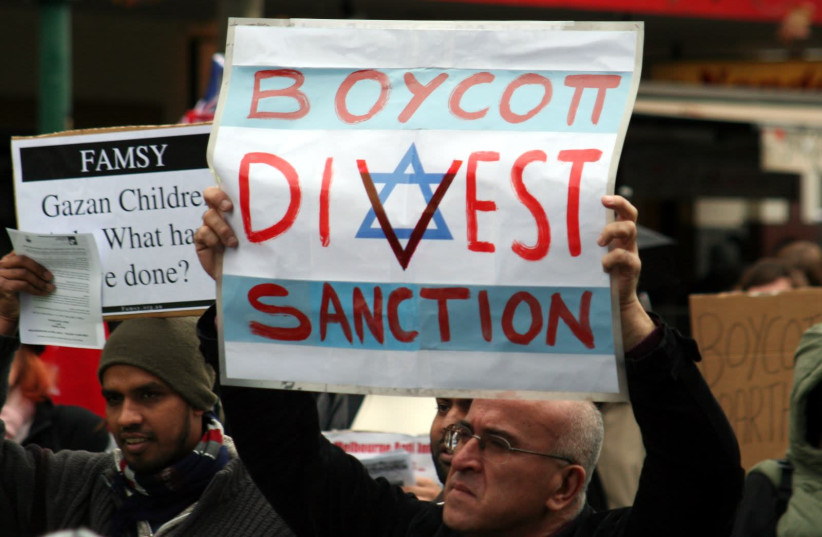In December, a group of self-declared German cultural leaders launched a highly publicized campaign attacking and delegitimizing the May 2019 Bundestag resolution that referred to the anti-Israel Boycott, Divestment and Sanctions movement as a form of antisemitism. Under the grandiose heading of “Initiative GG 5.3 Weltoffenheit,” (open-worldness) they declared, “The application of the parliamentary BDS resolution by the Bundestag is cause for great concern…. By invoking this resolution, accusations of antisemitism are being misused to push aside important voices and to distort critical positions.”
Significantly, the Weltoffenheit effort took place more than 18 months after the Bundestag resolution, which was supported by all except the far Left and Right. (A smaller effort pushing the same message was briefly attempted in July 2019, attributing the resolution to a conspiracy manipulated by the Israeli government that allegedly sought to ban all criticism of its policies.) The timing coincided with a wider campaign led by many of the boycott activists seeking to counter the growing international consensus on the working definition on antisemitism of the International Holocaust Remembrance Association (IHRA). This initiative is Germany’s dubious contribution.


